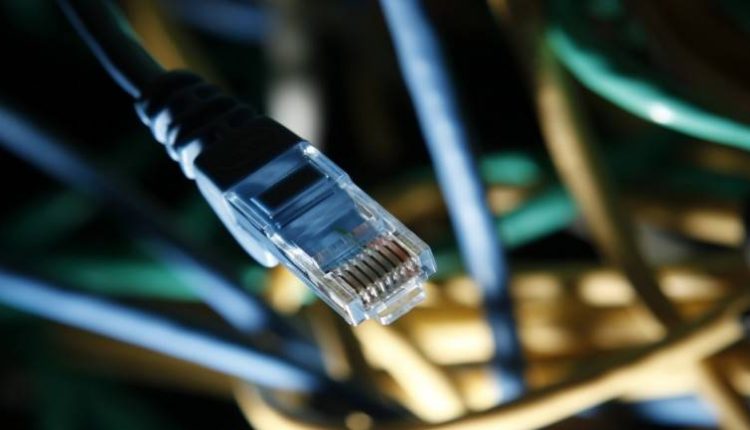
Trump policies on Cuba hurting U.S. telecom investment
A U.S. task force has warned the federal government that ‘regulatory uncertainty’ as a result of its policies may put U.S. investment in Cuba’s telecom sector in jeopardy.
The task force, created under a directive from President Donald Trump in June 2017 to examine the technological challenges and opportunities for expanding Internet access and freedom of expression in Cuba, urged the government to discuss its policy toward Cuba with U.S. companies and expressed concern regarding the growing clout of Chinese telecom firms on the island.
Earlier this year, search engine giant Google struck a deal with Cuba’s state-run telecom firm ETECSA to improve internet connectivity across the island.
But there have since been no reports as to how much money Google will invest and how it will go about its task.
“U.S. companies informed the subcommittees they are often deterred from entering the market due to uncertainty caused by frequent changes to US regulations concerning Cuba,” according to the task force report.
The task force has recommended supporting efforts to roll out new submarine cables, saying such infrastructure will increase internet speed and lower the cost of the service to the Cuban public.
Broadband service in Cuba is currently powered by a single submarine cable from Venezuela.
According to the report, Chinese telecom giant Huawei Technologies was involved in developing Cuba’s backbone network as well as installing Wi-Fi hotspots across the island. Two other Chinese companies, ZTE and TP Link, provide DSL modems for network users.
(From Nearshore Americas)

